S.A. Cert.Licence AB18834
Cathys mobile: 07515637562


Ben and Cathy Wetherden
Organic Pullets
Bens mobile: 07812048323
Email: info[at]organicpullets.co.uk
Range reared & certified organic pullets from day old up to point of lay


Why we choose to farm organically
For further information on Soil Association go to www.soilassociation.org
Information below from Soil Association public display literature
Animal welfare
Organic livestock must spend most of their lives outdoors. Farmers aim to provide them with the sort of conditions which their wild ancestors favour, or favoured. Organic farmers are encouraged to choose breeds that are well adapted to local conditions and capable of resisting disease. The leading animal welfare organisation, Compassion in World Farming advises its supporters to buy organic or free- range meat and eggs, stating that such systems have the potential to deliver far higher standards of animal welfare: “Well-run organic farms using more traditional or dual purpose animals are as close to the ideal as possible,” it says.
Environments & wildlife
Independent studies from RSPB, WWF and the Government’s own nature conservation advisors, Natural England, have confirmed there are more birds, beetles, butterflies, bats, wild plants and other wildlife on organic than non-organic farms. And the biggest and most comprehensive UK survey so far, funded by Defra, and conducted by the British Trust for Ornithology, showed 109% more wild plants and 32% more birds on organic farms. Indeed increasing organic farmland would “help restore biodiversity within agricultural landscapes,” one of its authors noted.
Reviving local communities
Organic farming sustains rural livelihoods by supporting 30% more jobs per farm than equivalent non-organic farms - thanks to the practice of rotating crops and livestock to build fertility and control pests and disease. The Sustainable Development Commission, the Government’s advisor on sustainability, has described Soil Association organic standards as the “gold standard” for sustainable farming. Organic farmers are also three times more likely to be involved in local food schemes and selling direct to the public, actions that are vital as we face up to climate change.
Better for you
Science is beginning to prove that organic food is healthier. There is now significant evidence that organic vegetable, fruit and milk generally contain more nutrients than non-organic food. In 2001, and independent review found that organic crops had significantly higher levels of all 21 nutrients analysed than the non-organic equivalents. Subsequent studies have found higher levels of Vitamin c and antioxidants in tomatoes, apples, peaches and kiwis. And six studies have now found that organic milk has more fat-soluble nutrients - omega 3 fatty acid, Vitamin E and beta- carotene than non-organic milk.
© 2023 Cathy Wetherden all rights reserved

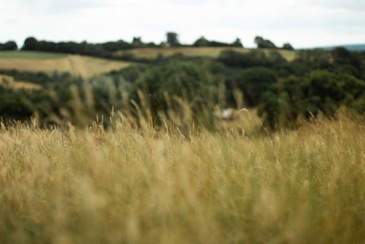
We pride ourselves in our commitment to giving our pullets the most enriched and happy upbringing on our farm. Whether for the sale of a large scale egg-seller or to the families that keep hens in their garden; all our hens are given the best start to life to ensure they produce eggs of the highest quality.
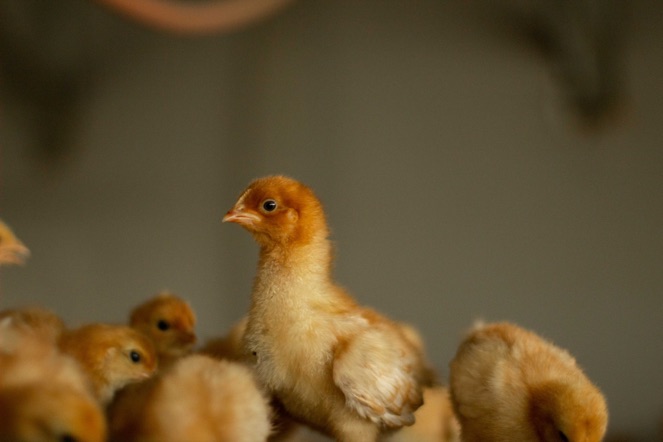
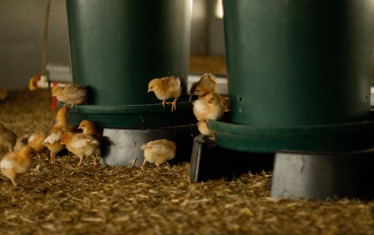

Through pre-laying...
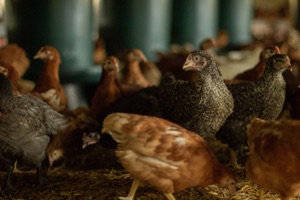
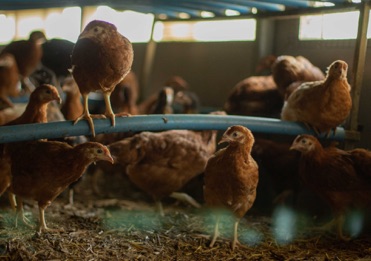
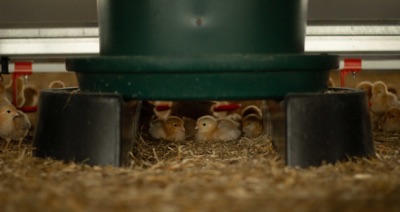
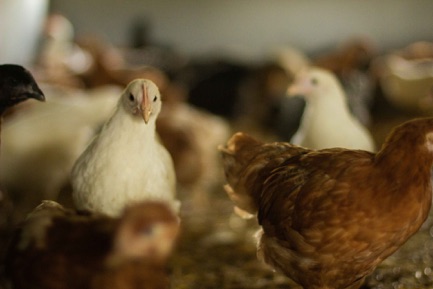
To point of lay...
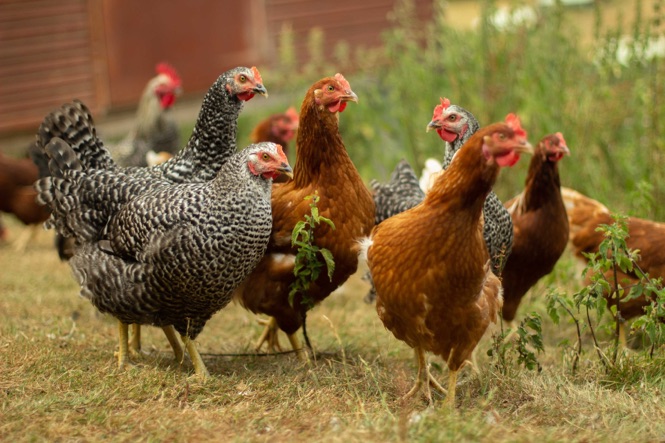
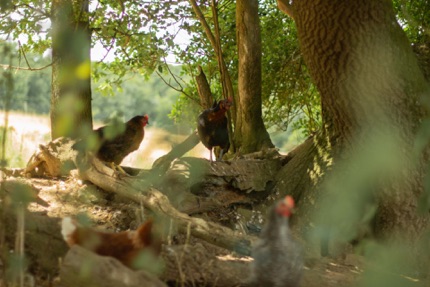
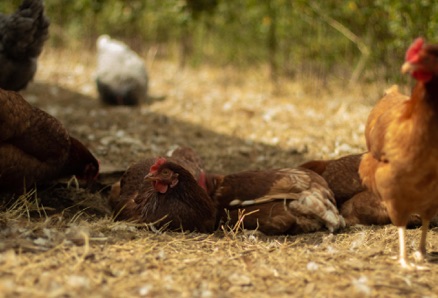
Sustainability

Here at Eastwood Farm, we are off-grid. This means 100% of our electricity comes from renewable energy - solar and wind.
Our land is a protected Devon Wildlife site, meaning we are doing everything possible to upkeep the biodiversity and natural state of the land we farm.
The ethics of organic farming is at the heart of what we do; caring not only for the animals we farm, but also the land.
We have wild animals all over the farm and woodland which allows them their freedom to roam safely within our boundaries.
We make conscious choices everyday to serve our planet and to do our bit for creating a greener, more sustainable world and farming community.
Thank you, for supporting the cause.